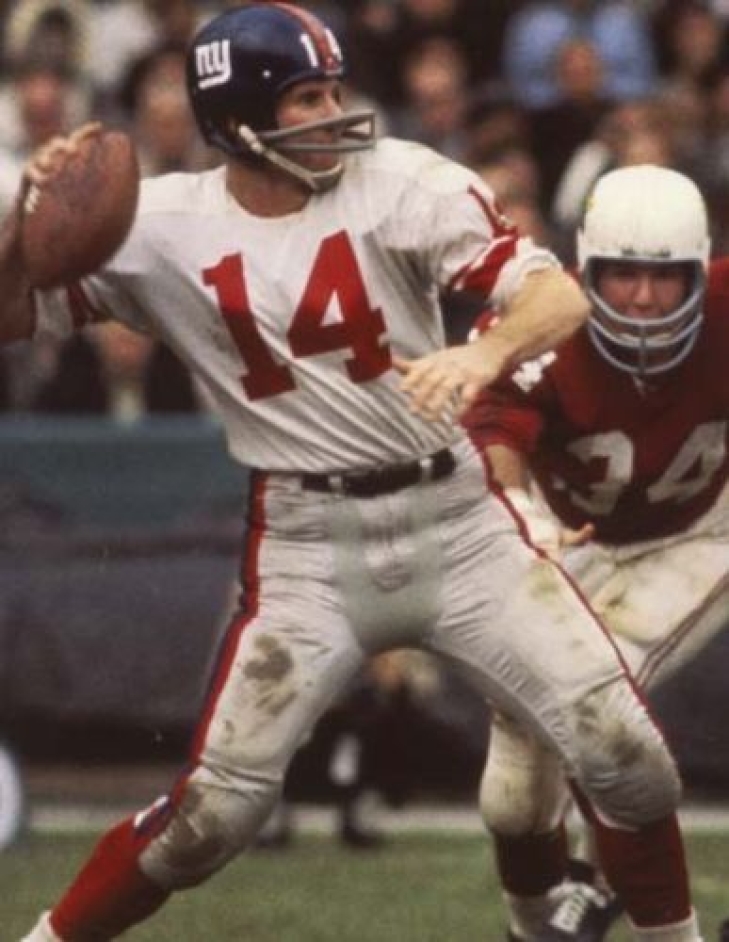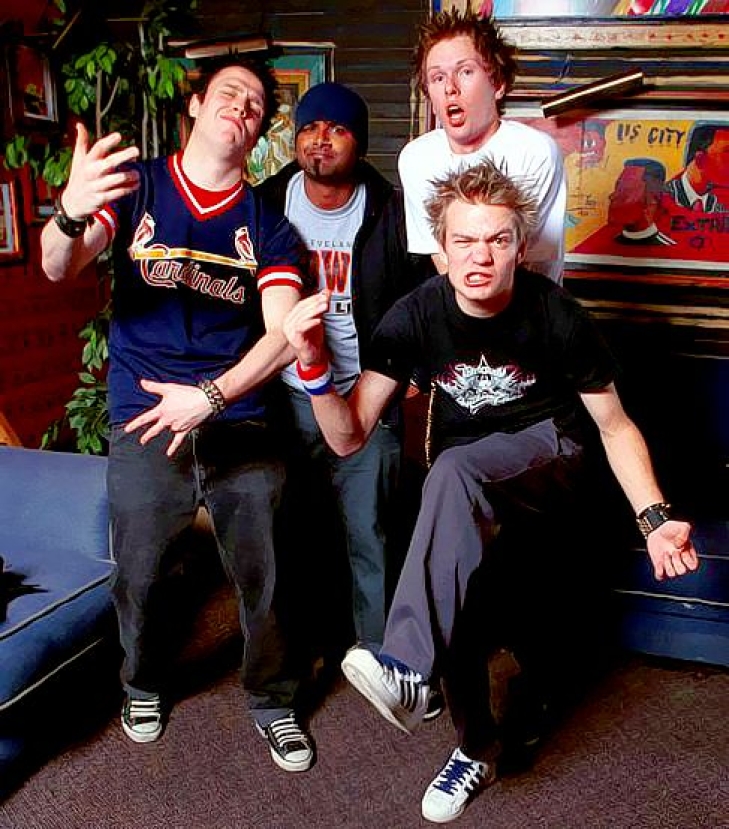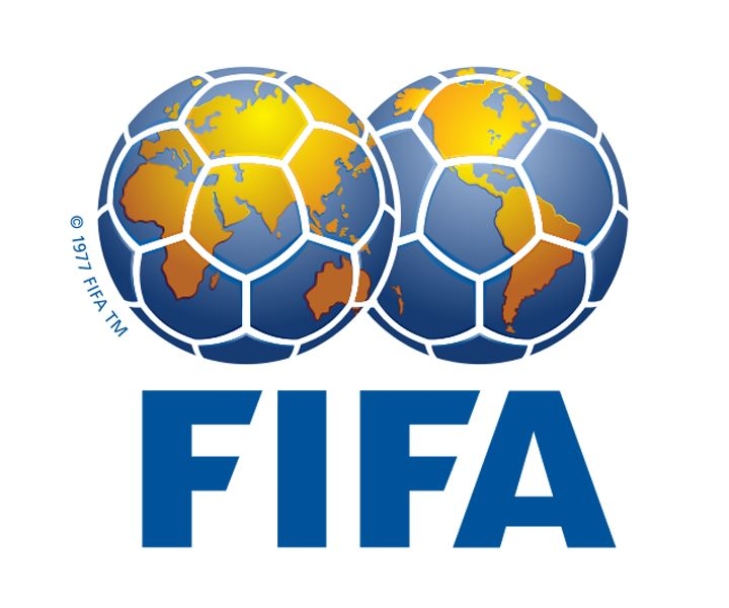
Committee Chairman
The Pro Football Hall of Fame Revisited Project: 1970 Preliminary VOTE
1970 PRELIMINARY RESULTS:
Thank you to all who participated in the Pro Football Hall of Fame Revisited Project. If you are still determining what that is, we acted like the PFHOF had its first class in January 1946.
We have completed the first 24 years thus far.
For “1970,” a Preliminary Vote with close to 100 players whose playing career ended by 1964. We are also following the structure in that players have 20 years of eligibility, and if they do not make it into the Hall, they are relegated to the Senior Pool.
Each voter was asked to select 25 names from the preliminary list, and the top 25 vote-getters were named Semi-Finalists.
A week later, the voters will be asked to pick 15 names from the 25 Semi-Finalists, and next after, they will pick five from the remaining 15. We will continue this process weekly until we catch up to the current year.
Please note that a significant change occurred “years ago,” allowing voters to submit less than the allotted spots.
31 Votes took place.
This is for the “Modern Era”
Bold indicates they advanced to the Semi-Finals:
*Indicates they have been removed from future ballots
|
Player |
Year of Eligibility |
Vote Total |
|
Y.A. Tittle QB |
1 |
30 |
|
Frank Gifford HB-FL-DB-WR |
1 |
25 |
|
Hugh McElhanney HB |
1 |
25 |
|
Yale Lary DB-P |
1 |
24 |
|
Andy Robustelli DE |
1 |
24 |
|
Mike McCormack T-G |
3 |
22 |
|
Tank Younger FB-LB-HB |
7 |
20 |
|
Alan Ameche FB |
5 |
20 |
|
Gene Lipscomb DT |
3 |
20 |
|
Marshall Goldberg FB |
17 |
19 |
|
Pat Harder E |
12 |
19 |
|
Charlie Conerly QB |
4 |
19 |
|
Ward Cuff WB-QB-HB |
18 |
17 |
|
Bruno Banducci G |
11 |
16 |
|
Buckets Goldenberg G-BB |
20 |
15 |
|
Bucko Kilroy G-MG-T-DT |
10 |
15 |
|
Billy Howton E-Fl |
2 |
15 |
|
Harlon Hill E-DB |
3 |
14 |
|
Les Richter LB-C |
3 |
14 |
|
Bill Osmanski FB |
18 |
13 |
|
Vic Sears T-DT |
12 |
11 |
|
Billy Wilson E-FL |
5 |
11 |
|
Woody Strode E |
16 |
10 |
|
Jim Ray Smith G-T |
1 |
9 |
|
Spec Sanders TB |
15 |
8 |
|
Charley Brock C-HB |
18 |
7 |
|
Frankie Albert QB |
13 |
7 |
|
Les Bingaman DG-G-C |
11 |
7 |
|
Bob Gain DT-DE-MG-T |
1 |
7 |
|
George Wilson E |
19 |
6 |
|
Frank Cope T |
18 |
6 |
|
Walt Michaels LB |
2 |
5 |
|
Ray Renfro HB-FL |
2 |
5 |
|
Buster Ramsey G |
14 |
4 |
|
Kyle Rote E-HB |
4 |
4 |
|
Bobby Walston E-HB-K |
4 |
4 |
|
Marion Campbell DE-DT-MG-G-T |
4 |
3 |
|
Duane Putnam G |
3 |
3 |
|
John Nisby G |
1 |
3 |
|
Jerry Norton DB-HB |
1 |
3 |
|
Jim Lee Howell E |
18 |
2 |
|
Baby Ray T |
17 |
2 |
|
Dick Huffman T |
15 |
2 |
|
Ray Bray G |
13 |
2 |
|
Paul Lipscomb T-DT |
11 |
2 |
|
Dub Jones B-DB-WB-TB |
9 |
2 |
|
Leon Hart E-FB-DE |
8 |
2 |
|
Tom Brookshier DB |
4 |
2 |
|
Ray Wietcha C |
3 |
2 |
|
Tom Scott DE-LB |
1 |
2 |
|
Pete Tinsley G |
20 |
1 |
|
Bob Masterson E |
19 |
1 |
|
Pug Manders HB-TB |
18 |
1 |
|
Chet Bulger T |
15 |
1 |
|
Paul Christman QB |
15 |
1 |
|
Ted Frisch FB |
15 |
1 |
|
Tommy Thompson QB |
15 |
1 |
|
Bill Fischer T-G-DT |
12 |
1 |
|
Hugh Taylor QB |
11 |
1 |
|
George Ratterman QB |
9 |
1 |
|
Bob Boyd E-DE |
8 |
1 |
|
Chuck Drazenovich LB-FB |
6 |
1 |
|
Abe Gibron G |
6 |
1 |
|
Hardy Brown LB-DB-FB |
5 |
1 |
|
Johnny Olszewski DB-HB |
3 |
1 |
|
Harley Sewell G |
2 |
1 |
|
Bill Forester LB-MG-DT |
2 |
1 |
|
Lindon Crow DB |
1 |
1 |
|
Jim Schrader C |
1 |
1 |
|
Jack Stroud G-T |
1 |
1 |
|
Bob Toneff DT-DE-T-LB-G |
1 |
1 |
|
Alex Webster HB-FB |
1 |
1 |
|
Jesse Whittendon DB |
1 |
1 |
|
Parker Hall TB-HB |
19 |
0 |
|
*George Taliaferro HB-TB-QB-DB |
10 |
0 |
|
*Jim David DB S |
6 |
0 |
|
*Dale Dodrill MG-LB |
6 |
0 |
|
*Warren Lahr DB |
6 |
0 |
|
Woodley Lewis DB-E |
5 |
0 |
|
Art Spinney G-DE |
5 |
0 |
|
*Jim Mutscheller E-DE |
4 |
0 |
|
*Will Sharman DB |
4 |
0 |
|
Don Burroughs DB |
1 |
0 |
|
Marv Matiszak LB |
1 |
0 |
|
Andy Nelson DB |
1 |
0 |
|
Tom Tracy HB-FB |
1 |
0 |
This is for the “Senior Era”
Bold indicates they advanced to the Semi-Finals:
*Indicates that they will be removed from the ballot permanently.
|
Player |
Year |
Votes |
|
George Christensen |
7 |
21 |
|
Al Nesser |
13 |
16 |
|
Whizzer White |
4 |
15 |
|
Ace Gutkowski |
6 |
12 |
|
George Svendesen |
4 |
10 |
|
Gaynell Tinsley |
5 |
9 |
|
Cub Buck |
20 |
8 |
|
Wildcat Wilson |
16 |
5 |
|
Gus Sonnenberg |
15 |
5 |
|
Joey Sterneman |
15 |
5 |
|
Joe Kopcha |
9 |
5 |
|
Glenn Presnell |
9 |
5 |
|
Jack Manders |
5 |
3 |
|
Father Lumpkin |
8 |
2 |
Please note that two voted for “None of the Above.”
This is for the “Coaches/Contributors”
Bold indicates they advanced to the Semi-Finals:
*Indicates that they will be removed from the ballot permanently.
|
Name |
Year |
Votes |
|
COACH/GM: Paul Brown |
1 |
24 |
|
COMM: Bert Bell |
1 |
23 |
|
COACH: Buddy Parker |
1 |
21 |
|
OWNER: Charles Bidwill |
1 |
16 |
|
COACH: Clark Shaughnessy |
1 |
15 |
|
COACH: Greasy Neale |
1 |
12 |
|
OWNER: Tim Mara |
1 |
10 |
|
OWNER: Dan Reeves |
1 |
6 |
|
EXEC: Arch Ward |
1 |
6 |
|
COACH: Jim Lee Howell |
1 |
3 |
|
OWNER: George Preston Marshall |
1 |
3 |
|
COMM: Elmer Layden |
1 |
2 |
|
GM/EXEC: Arch Wolfe |
1 |
1 |
|
OWNER: Edwin J. Anderson |
1 |
0 |
|
OWNER Violet Bidwill |
1 |
0 |
|
OWNER: James P. Clark |
1 |
0 |
|
EXEC: Lee Joannes |
1 |
0 |
|
GM: Don Kellett |
1 |
0 |
|
OWNER: Arthur McBride |
1 |
0 |
|
GM/CONT: Dick McCann |
1 |
0 |
|
OWNER: Tony Morabito |
1 |
0 |
|
COACH: Buck Shaw |
1 |
0 |
|
OWNER: Alexis Thompson |
1 |
0 |
|
GM: Ray Walsh |
1 |
0 |
Next week, we will announce the Semi-Finalists for the 1970 Pro Football Hall of Fame Revisited Project.
Sum 41 named to the Canadian Music Hall of Fame
The Canadian Music Hall of Fame has announced that Sum 41 will be inducted into its institution at next year’s Juno Awards, which will take place on March 30, 2025.
From Ajax, Ontario, Sum 41 was formed in 1997 with Deryck Whibley as their frontman. The punk-influenced rock band hit it big in the early 2000s with hits such as “Fat Lip.” “In Too Deep” and “Motivation”. Winning multiple Juno Awards, the band announced they would break up following their current tour.
We here at Notinhalloffame.com would like to congratulate Sum 41 for their impending honor.
How Athletes Benefit from Professional License Defense Lawyers
Against Accusations of Doping and Use of Banned Substances
Doping is a substance that helps athletes perform better in competitions. Some athletes use it, while others only face charges of doping. They may have consumed the substance by mistake and therefore failed doping tests, or they may be unfairly accused of doping. When faced with such a situation, the athlete should contact a good professional license defense lawyer and ask them to prepare a defense. Doping accusations can be quite serious and can end an athlete's career. Therefore, it can be very important for athletes to work with a defense lawyer who is suitable for them and who is good at his or her job.
Here, lawyers defend the athlete who is falsely alleged to have taken drugs containing banned substances and prove their intentions. In doing so, it seeks to reduce the penalty.
Allegations of Ethical Violations
Athletes can again be accused of violating ethical rules, and these can vary from actually being on or off the field. Inappropriate behavior by athletes, allegations of match-fixing, or violations of the rules set by the sports federation can lead to the suspension of their licenses for a period of time or, in bad cases, to the revocation of their licenses.
Here, the lawyer will represent the athlete in front of the disciplinary committee of the sports federation, just like in a courtroom, and will do his/her best to prevent the athlete from being fined or losing his/her license.
License Renewal and Disciplinary Reviews
In certain sports, athletes are required to have their licenses renewed or inspected on a regular basis. During this license renewal process, sometimes their request for a license renewal may be denied or a past incident may prevent the renewal of their license. If the athlete is in such a situation, lawyers can defend them.
To give an example of this situation, we can talk about boxers. If they face a situation like not being able to renew their license due to any legal issues they have had in the past, they can get the help of these lawyers.
Accusations of Sexual Abuse or Neglect
Especially in recent years, athletes are expected by society to behave in a much more ethical manner and certain standards have been set. As sexual harassment or negligence is also a very serious matter, it is essential that athletes are represented by a successful lawyer. If an athlete is accused of sexual harassment or assault, these lawyers must prove the athlete's innocence and protect the athlete’s rights.
These allegations can end an athlete's professional life in a very short period of time, so it is important that this legal process is handled in the best way possible.
FIFA: From Humble Beginnings to Global Football Leader
Fédération Internationale de Football Association (FIFA) is the synonym of global football. What started in 1904 as a small organization of just seven European nations has become a global governing institution for the world’s most popular sport. By way of its historic tournaments, seen-it-all-all records, and cultural impact, FIFA has become an indelible part of football. You should know that pretty well. If not, we will educate you on the matter. This article talks through FIFA’s amazing story from the beginning right up to the part it has played in making football what it is now. We look at how the organization has evolved, how it changed women’s football, record-breaking tournaments, and special moments. We will also discuss FIFA’s pervasive presence in popular culture. So keep reading to learn more.
The Evolution of FIFA and Its Tournaments
When the FIFA World Cup was introduced in 1930, it was hosted in Uruguay. After 13 teams took part in the inaugural tournament, Uruguay beat Argentina 4:2 at Montevideo in front of 68,346 fans. This was the first in a legacy that continues to capture the hearts of billions around the world.
Flash forward to the 2018 FIFA Men’s World Cup in Russia where the event reached 3.57 billion viewers globally — their eyes are almost half the world’s population. This was definitely the unmatched appeal of the tournament: 1.12 billion viewers watched the match up as France plays Croatia in the finals. Similarly, the FIFA Women’s World Cup has witnessed exponential growth, with the 2019 edition in France breaking records. It garnered 1.12 billion viewers across platforms, with the final match alone attracting over 82 million live viewers.
Viewership isn’t the only reason FIFA’s tournaments take place. For example, the 2014 World Cup in Brazil was one of the most profitable, with nearly $4.8 billion in revenue. At the same time, Qatar’s 2022 World Cup was a major milestone for sustainability and innovation with the first fully air-conditioned stadiums.
Breaking Barriers: Women’s Football Under FIFA
The rise of women’s football has always been among FIFA’s biggest achievements. The inaugural FIFA Women’s World Cup in 1990 featured woefully underwhelming viewership, but 2019’s FIFA Women’s World Cup in France was a real phenomenon. Record-breaking matches such as the USA Netherlands final seen by an average live audience of 82.18 million broadcast to 205 territories. FIFA is also the latest of the sport's major bodies to invest in promoting gender equality. Initiatives like the “FIFA Women’s Football Strategy” aim to double participation in women’s football by 2026. They ensure that the next generation has even greater opportunities to shine on the global stage.
Iconic Moments and Records in FIFA History
FIFA’s legacy is impossible to doubt. It is supported by unforgettable moments and milestones:
- Highest-Scoring Match — The 1954 World Cup game between Austria 7-5 Switzerland is the tournament’s highest-scoring game.
- Attendance Record — A remarkable 173,850 witnessed the site of a historic upset by Uruguay against the host nation in Brazil’s 1950 final at the Maracanã Stadium.
- Youngest World Cup Winner — In 1958, Pelé was only 17 when he helped Brazil win the World Cup and set a benchmark by becoming the youngest player to win it.
- First Women’s World Cup Hat-Trick — That 2015 final was undoubtedly the highlight of Carli Lloyd's legend, as the USA swept Japan to win on goals by a hat trick from the talented midfielder.
These milestones represent what FIFA has accomplished and emphasize the power of unifying football.
FIFA in Popular Culture and Video Games
FIFA as a brand is not only limited to the football field, but it also influences music, fashion, and even games. When it comes to football video games, there is no comparability. The FIFA series from EA Sports rules supreme. It was first published in 1993, and till now, it has been a commercial success with over 325 million copies sold worldwide.
One of the main aspects of the FIFA games is the Ultimate Team Mode – a mode where players can collect players and create their own teams both in packs and in the in-game transfer market. This mode has changed the face of virtual football, combining strategy with the thrill of assembling a star-studded lineup. FIFA Coins, the virtual currency within the game, are also used here and players use them to buy new players, kits, and other stuff, or even upgrades for their team. Many fans choose to buy FIFA coins to fast-track their progress and compete effectively, showcasing how gaming mirrors real-world football dynamics.
FIFA’s Future: Innovation and Sustainability
Technology and sustainability are on the minds of FIFA as the governing body looks toward next year. Thus, in 2018, VAR (Video Assistant Referee) was introduced in tournaments and has brought greater fairness to matches. In addition, FIFA is dedicated to environmental responsibility through taking initiatives such as carbon-neutral World Cups and investment towards renewable energy projects. Additionally, FIFA expanded the Women's World Cup from 24 teams to 32 in 2023.
FIFA itself is also pushing anti-racism campaigns within the sport. Alongside these, the Football Association has issued a range of tickets to LGBT groups that have supported anti-racism campaigns. Additionally, while football has become increasingly more integrated with digital platforms, fans in every location around the globe will be able to access the sport.
Conclusion
FIFA has played a key role in shaping the past, present, and future of the sport by organizing record-breaking tournaments, promoting inclusivity, and driving innovative concepts. Beyond the field, it has inspired millions through video games like EA Sports' FIFA and initiatives promoting sustainability and gender equality. As FIFA continues to grow, one thing is certain: the organization’s legacy as a global leader in football is only just beginning.





